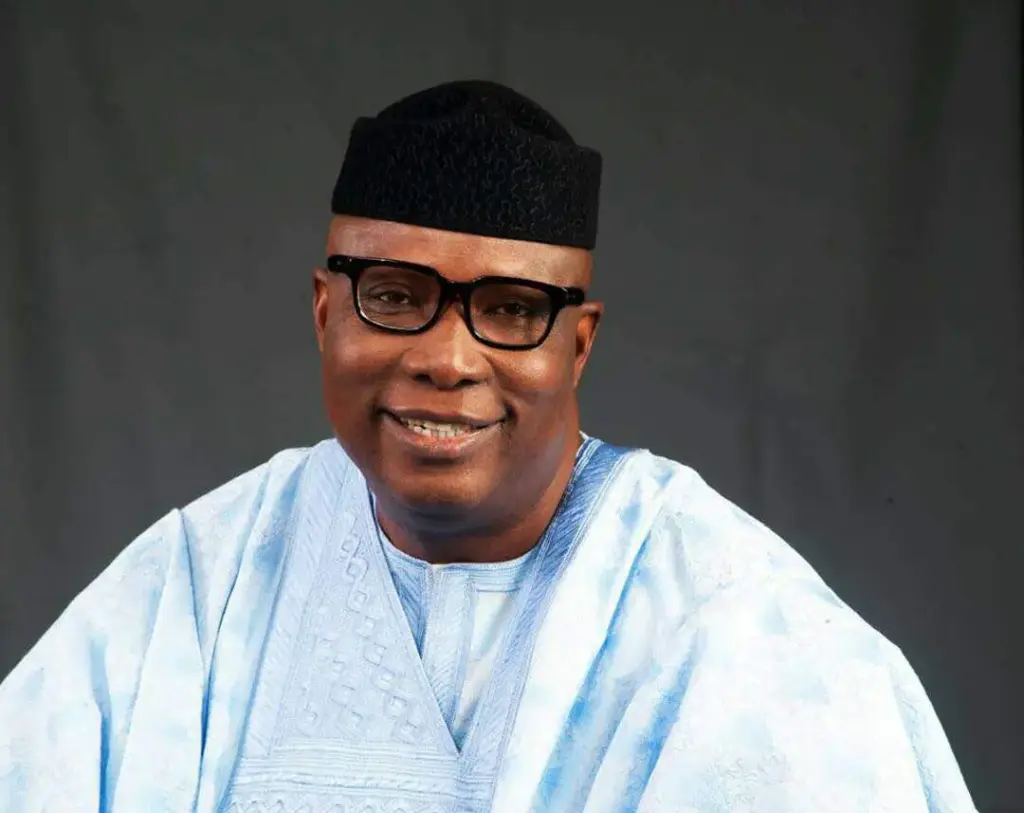A journalist and politician, Senator Babafemi Ojudu, was a member of the Senate who represented Ekiti Central District at the upper legislative chambers, contesting and winning on the platform of the now defunct Action Congress of Nigeria (ACN) into the 7th National Assembly. A native of Ado-Ekiti, Ojudu was appointed by the late former President Muhammadu Buhari as Political Adviser, serving in the office of the then Vice President Yemi Osinbajo. In this interview with OLAOLU OLADIPO, Ojudu shared his perspectives on issues relating to governance. Excerpts:
How do you see the attempts by some opposition elements to set up a coalition platform with the intention of taking power from your party?
I see their efforts as perfectly legitimate. In any healthy democracy, governments require responsible opposition. Without it, those in power can easily slip into complacency, irresponsibility, or even dictatorship. Robust opposition keeps governance honest and accountable. In the interest of democracy and transparency, it is a welcome development.
Do you think they (the opposition elements) have what it takes to wrest power from the APC come 2027?
It is far too early to make such a judgement. Politics is dynamic. Let’s wait, watch, and see how the political landscape evolves before 2027. The General Election is still far away for anybody to hazard a reasonable guess as to what would happen.
As a member of the APC, what would be your honest assessment of the current Bola Ahmed Tinubu led Federal Government so far since coming on board a little over two years ago?
My honest view is that there is still much to be done by the government in place to earn the trust of the people. Frankly speaking, life is hard and things are tough for Nigerians, and the public perception of the people towards the government is somewhat negative and indeed, rumour of corruption and corrupt practices is growing louder by the day. These are serious concerns that require urgent and sincere action from the government as we go on.
What do you think the government has done well to justify its stay in office?
That is for the people to decide. Whatever I say now would inevitably be seen through the lens of my political affiliation. Ultimately, elections will come soon enough, and the people will vote according to their lived experience.
Pointedly, would you say that the regime has done well despite the belief in some quarters that it has performed below par?
Again, that verdict belongs to the people. My role is to urge Mr. President to double his efforts, confront the nation’s challenges head on, and help lift Nigerians out of the present economic and social morass that they are currently enmeshed in.
What would you tell President Bola Tinubu if you had the opportunity of meeting him on how to move the country forward?
I would urge him to prioritise the welfare of the people above all else. That means he has to prioritise issues relating to fighting spiraling inflation decisively, giving Nigerians a new lease of life through tangible improvements in living conditions, and waging a relentless, no exceptions battle against corruption and graft wherever such exist.
Do you think, with almost two years left in the life span of this government, Nigerians should vote it back to power?
I am not the people. As the Yorubas say, enikan ki je awa de (one person does not speak for “we.”). It is the people who will decide when the time comes, based on their own judgement and experiences. I would be taking myself far too seriously if I presume to appropriate their voice.
You had the opportunity of serving in the immediate past government. How would you compare the government you served in and the current one?
The two administrations are led by different personalities, guided by different ideologies, and operate with different styles. Naturally, their approaches and outcomes will differ. The task of comparing them will ultimately be the work of historians, who will assess both in the context of their times.
Why do you think that many of the officials of the Federal Cabinet who served with former President Muhammadu Buhari are not working with the current government but are actively engaged with the opposition, African Democratic Congress (ADC)?
There could be a variety of reasons. Perhaps the present government has not met their personal or political expectations. Some may feel nostalgic about the style and methods of the previous administration. Others may feel excluded, or simply believe that things are not moving in the right direction. Whatever the reason, they have the constitutional right to make their own political choices, and I believe we should respect that.















